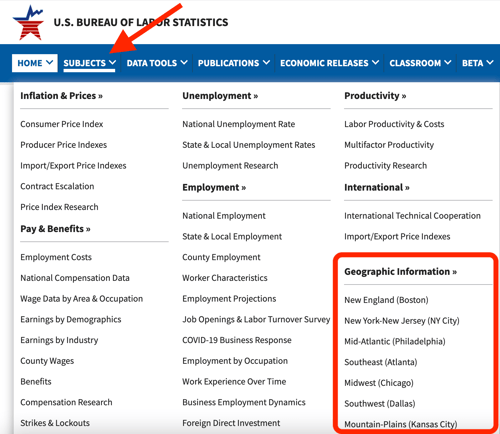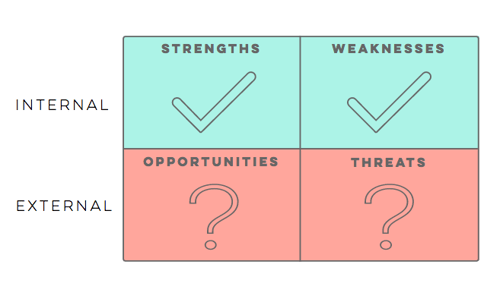In 2024, it’s quite possible that your CI team has gotten smaller, or the amount of time you can dedicate to the program has decreased. Organizations are trying to do more with less, but while capacity has changed, the expectations have not.
The good news is that you have a competitive intelligence platform to help you analyze the competitive landscape and enable your revenue teams.
As a team of one, your challenge is to be as efficient and effective as possible managing the platform, in this case Crayon, while dealing with lots of competing priorities.
When it comes to managing Crayon (or any other CI platform), consistent workflows along with automations are critical for success.
Below is a suggested workflow for managing your platform: daily, weekly, monthly, and quarterly. These time frames are estimates of what you can allot in your schedule for CI platform related work.
Daily
Time Estimate: 15-30 minutes
Review and Distill
On a daily basis, it’s important to review all your curated saved searches, add any necessary key takeaways and share major updates with your stakeholders. The daily sharing should be reserved for significant competitive updates, e.g. a pricing change, a product release, etc. This is your coffee and Crayon time first thing in the morning along with your emails.
Weekly
Time Estimate: 20-30 minutes
Curate and Distribute
On a weekly basis, it’s helpful to review relevant metrics such as battlecard performance so that you’re noticing any peaks or valleys. Use some time every week to keep your overall compete program momentum going. This could include providing an update at a weekly sales standup or sending general reminders to the team about how you distribute intel — where to find important CI assets as well as how to submit field intel.
Monthly
Time Estimate: 1-2 hours
Monitor & Maintain
Each month, dedicate time to reviewing and then updating battlecards and other deliverables. Remind stakeholders when these updates occur so that they’re checking back in to see what’s new. Also keep an eye on performance metrics such as battlecard usage, influenced revenue, competitive win rates, etc.
Quarterly
Time Estimate: 1-2 hours
Measure & Report
Each quarter you should summarize and share your compete program’s achievements as well as identify areas of opportunity. Stakeholders across the company need to consistently hear and see these stellar results to understand how competitive intelligence is affecting the business.
Automate Everything You Can
In addition to consistent workflows, use automation whenever possible to help reduce your workload. Setting daily alerts for both yourself and other teams is a helpful step. Also, integrations like Slack can and (and should!) be used to help with automation. If you’ve integrated Slack with Crayon, you can streamline field intel collection, set up Slackbot to respond to common requests, and have saved searches automatically push curated content.
As the person solely responsible for competitive intelligence and more specifically, the Crayon platform, having discipline with your schedule in the form of workflows and automation can make a world of difference on the outcomes you achieve.
We also know that one person teams get swamped by the sheer volume of competitors they're asked to track. We created the Competitor Coefficient—a number that represents the threat that a competitor poses to your company—to help you feel less overwhelmed. You can learn more about it in this blog post.

Seeing is believing! Check out Crayon for yourself.
Take a Product TourRelated Blog Posts
Popular Posts
-
 The 8 Free Market Research Tools and Resources You Need to Know
The 8 Free Market Research Tools and Resources You Need to Know
-
 How to Create a Competitive Matrix (Step-by-Step Guide With Examples + Free Templates)
How to Create a Competitive Matrix (Step-by-Step Guide With Examples + Free Templates)
-
 6 Competitive Advantage Examples From the Real World
6 Competitive Advantage Examples From the Real World
-
 24 Questions to Consider for Your Next SWOT Analysis
24 Questions to Consider for Your Next SWOT Analysis
-
 How to Measure Product Launch Success: 12 KPIs You Should Be Tracking
How to Measure Product Launch Success: 12 KPIs You Should Be Tracking

